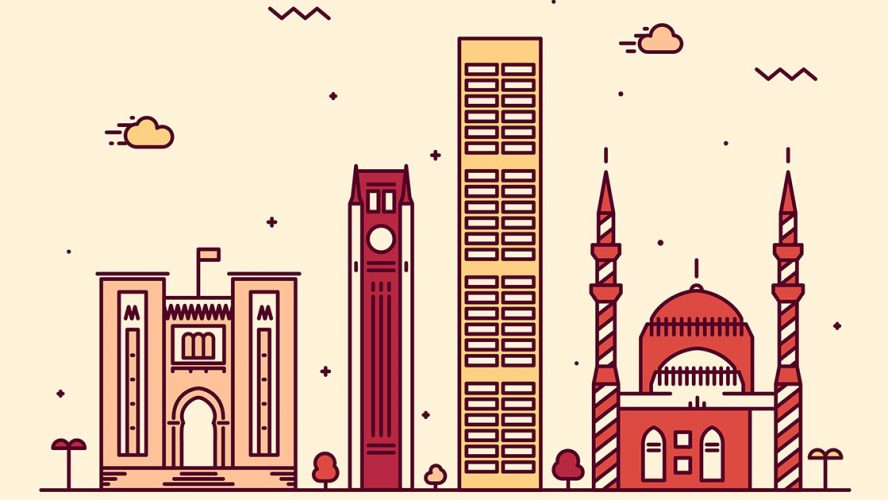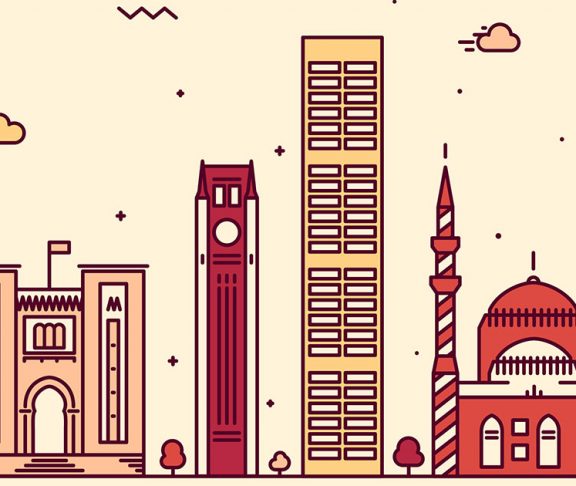Two explosions decimated the Port of Beirut and the vast surrounding area on Tuesday, August 4th. The blast is the third most destructive in history, surpassed only by the nuclear explosions in Nagasaki and Hiroshima in 1945. The blast has left vast areas of Beirut in ruin, with more than 5,000 people injured and at least 135 dead.
Officials have reported that large stores of ammonium nitrate were the cause of the blast. About 2,700 tons of highly explosive ammonium nitrate had been stored in a warehouse on Beirut’s Port since 2014 after being confiscated from a cargo ship. Lebanese port officials said that they appealed to the courts to have the dangerous stockpile removed several times but received no response. An investigation into what ignited the blast is pending.
Videos of the explosion show a shock wave surge away from the blast, destroying property as far as two miles from the explosion. Thousands of homes and businesses have been reduced to rubble. Over 250,000 people have been displaced due to the damage. The financial toll on the city is expected to surpass $3 billion.
At the site of the explosion, large grain silos were completely destroyed, taking out 85 percent of the country’s grain stores. The port is also a crucial link in the country’s supply chain for essentials like food and medicine, and the port trafficked around 60 percent of the country’s imports.
Rescue workers have been working tirelessly to tend to the wounded and identify those killed by the blast. In the aftermath of the devastation, over 1,000 injured people have been hospitalized. With the country already facing a recession and managing the coronavirus pandemic, the explosion has brought the country to its knees.
If you’re looking to support Beirut’s recovery, there are several Lebanese organizations collecting donations:
- The Lebanese Red Cross has pledged that it will call ambulances to Beirut to help the wounded and assist in search-and-rescue operations.
- The Saint George Hospital University Medical Center, the first medical center in the region which has provided healthcare for over 150 years, has sustained serious damage from the blast and is seeking donations.
- The United Nations’ World Food Program and Islamic Relief are both helping to provide food now that Beirut’s food supply chain is hobbled.
- Impact Lebanon has set up a crowd-funding campaign to help local organizations on the ground and help find housing for those who have been displaced.
- Baytna Baytak, a charity providing housing to healthcare workers, is working with Impact Lebanon on housing people who have been displaced.
- Donner Sang Compter, founded in Lebanon in 2010, organizes nationwide blood drives to raise awareness about voluntary blood donation.

